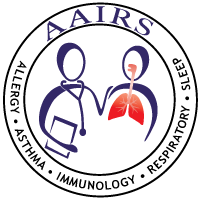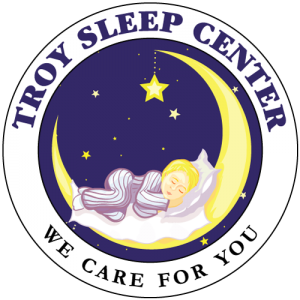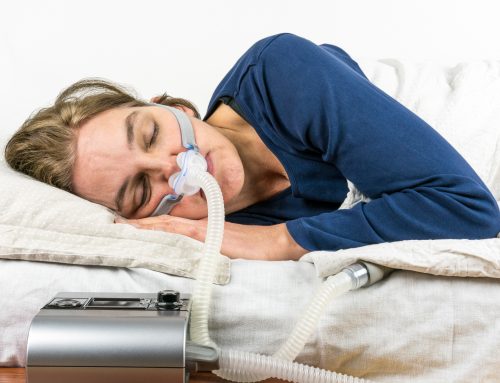- Keep regular hours: Try to go to bed at the same time and get up at the same time every day.
- Stay away from stimulants like caffeine: Avoid all stimulants in the evening, including chocolate, caffeinated sodas, and caffeinated teas. They delay sleep and increase arousals during the night.
- Use the bed for sleeping: Avoid watching television or using laptop computers. If it helps to read before sleep, use a very small watt bulb (15 watts) to read.
- Avoid bright light around the house before bed: Use dimmer switches in living rooms and bathrooms before going to bed.
- Avoid exercise near bedtime: Do not engage in exercise at least 3 hours before bed.
- Don’t go to bed hungry: Have a light snack but avoid a heavy meal before bed.
- Avoid looking at the clock: If you wake up in the middle of the night, turn the clock away from your eyes so you would have to turn it to see the time. You may decide not to make the effort and go right back to sleep.
- If you can’t get to sleep for more than 30 minutes, get out of bed and do something boring in dim light until you are sleepy.
- Keep your bedroom at a comfortable temperature: Choose a temperature that is not too warm and not too cold; cooler is better than warmer.
- Beware of the “night cap”: Alcohol may help you to get to sleep, but it will cause you to wake up throughout the night, even if you don’t notice it.
- If you have a sleeping partner, ask him or her if he or she notices any snoring, leg movements, or pauses in breathing. You may have a sleep disorder.




